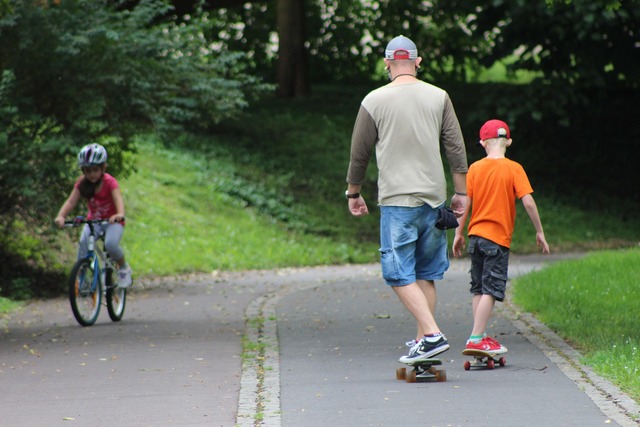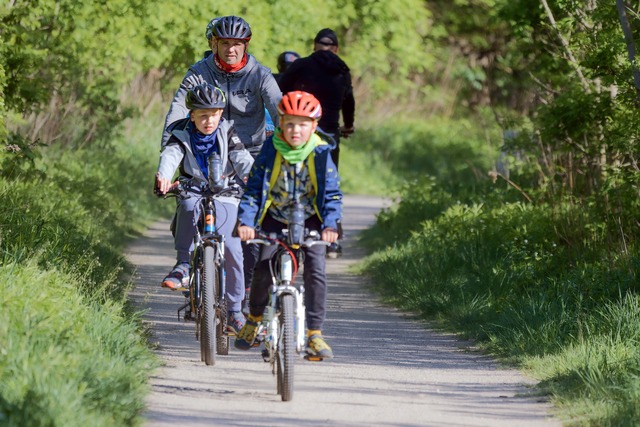Want your teen to move more? Move with them!
Teens whose parents exercise with them are more likely to have better physical and mental health, new research says.
The University of South Australia study showed teenagers who exercised more frequently with their families were more likely to:
– meet physical activity guidelines of 60-plus minutes per day (23 percent);
– meet recommended screentime guidelines of two hours or less per day (74 percent); and
– report better mental health (81 percent), including higher life satisfaction (67 percent) and lower stress (86 percent), anxiety (73 percent), and depression (89 percent).
Dr Justin Lang, Adjunct Professor with UniSA and the Public Health Agency of Canada, said regular exercise was great for both body and mind.
“But with more teenagers glued to screens and devices, it’s easy for sedentary habits to take hold,” Dr Lang said.
“Getting teenagers up and moving is crucial to reversing the slide into inactivity – and as our study shows, the key may be in getting the whole family involved.
“We found that teenagers who exercise daily with their families are twice as likely to meet activity and screen time guidelines – and four times more likely to report stronger mental health and greater life satisfaction.
“The message is simple: when parents get active with their teens and lead by example, everyone wins.
“Teens feel better, move more, and their mental health is stronger.”
Co-researcher, Children’s Hospital of Eastern Ontario Research Institute’s (CHEO RI) Dr JP Chaput, said parents played a powerful role in influencing behaviours in their children.
“Exercising as a family does more than get hearts pumping,” he said.
“When parents take an active role in their teens’ physical activity, it can build stronger emotional bonds, improve communication, and help create a protective buffer against mental health challenges like stress, anxiety, and depression.
“So, when families prioritise being active together, they’re not only building healthy habits – they’re also investing in their teenagers’ long-term wellbeing.
“Ultimately, it’s a reminder that even small, shared moments of movement can make a big difference.”









